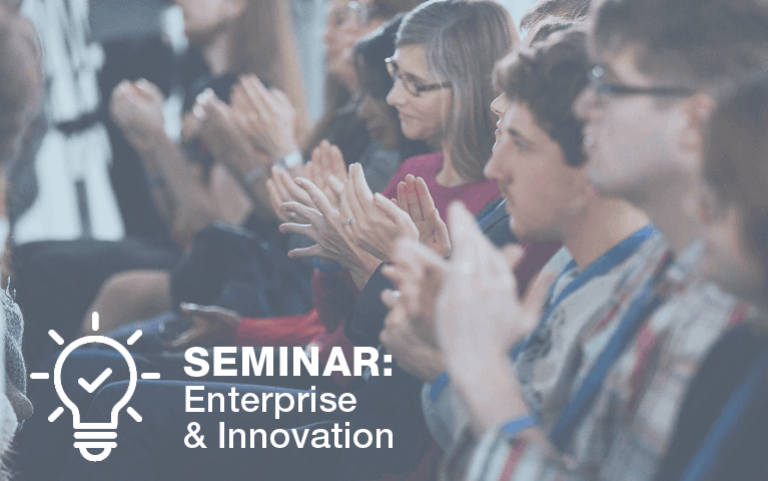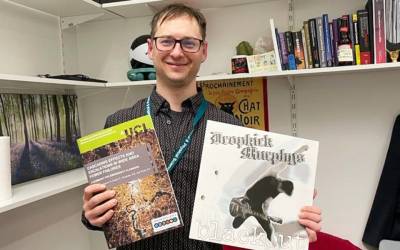MAPS IE Seminar: Academic Consultancy (using research to influence global strategic policies)
11 October 2023, 2:00 pm–3:00 pm

We welcome Dr. Gianluca Pescaroli, Associate Professor in Operational Continuity and Organisational Resilience in the Institute for Risk and Disaster Reduction our guest speaker for this MAPS Innovation & Enterprise Seminar discussing the Academic Consultancy - using academic research to influence global strategic policies.
This event is free.
Event Information
Open to
- All
Availability
- Yes
Cost
- Free
Organiser
-
Ethne James-Souch (on behalf of MAPS Vice-Dean IE Prof Nguyen TK Thanh)
The first time Gianluca heard about the possibility of doing consultancy, he was sceptical. Gianluca was in academia because of ethical choices and perhaps the naïve feeling that we can change the world with our ideas. Doing consultancy felt like a sell-out.
Nowadays, Gianluca is still not a “sales agent”, but his understanding of what consultancy can be is very different. In this seminar, Gianluca will introduce you to his small journey of mistakes, near misses, and lessons learned. He will bring you some examples of his work with the United Nations Office for Disaster Risk Reduction, Greater London Authority, Arup, and Resilience First. His aim is to help you consider if consultancy is your next career move, if it’s something simply not worth it, or if it’s a “necessary evil” you could consider making a difference with your research.
Gianluca has contributed to strategic documents such as the UN Office for Disaster Risk Reduction’s Guidelines on National Risk Assessment, Hazards Definition and Classifications Review, Regional and Global Assessment Reports, and edited documents such as the Guidelines on Cascading Effects of Wide-Area Power Failures in collaboration with London Resilience. He is active in consultancies for local authorities and international organisations on topics such as resilience to cascading scenarios and stress testing.
Please have your questions ready for Gianluca.
 Close
Close


